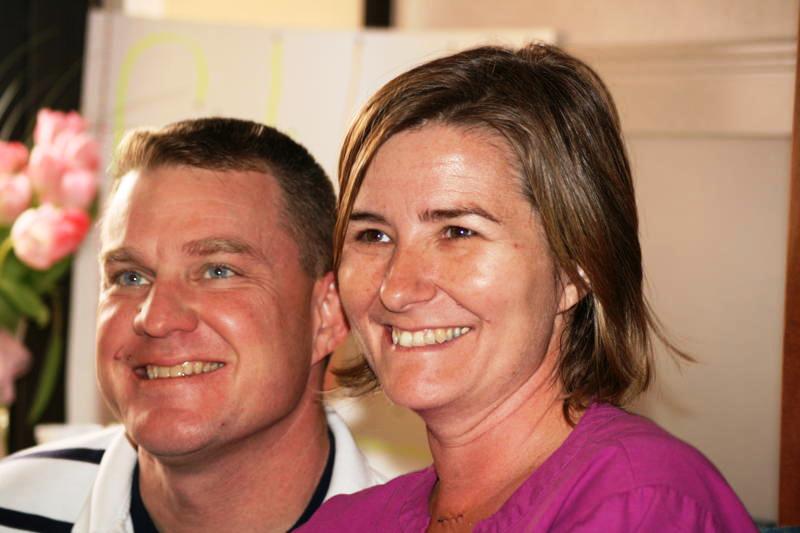I e-mailed a physician friend and medical school professor today to tell him about Dr. Tim Lindsey, and the incredible personal care he’s giving to my cancer-stricken sister, who recently became his patient. I recalled for my friend a conversation I’d had with Tim in the hospital last week, in which Tim said he loved being a small-town doctor because he got to treat the whole patient — the heart and the soul, not just the body. He explained to me that he knew his patients’ families, he knew where they came from, he had a context in which to understand their disease. That’s something he doesn’t know if he’d be able to have if he practiced in a big city, he said — but it’s so vital to the kind of healing he does.
This is actually an insight key to Traditional Chinese Medicine. For TCM practitioners, disease is never something confined merely to the body. It has a relationship with the mind, and with the context in which the patient lives. That is to say, TCM recognizes that you cannot easily separate the biological organism from the context in which it lives — an insight that has a number of implications for understanding how to heal the whole person, not just the affected parts of the body.
In Western medicine, if our understanding of “healing” is limited to “eliminating the symptoms of disease,” then we won’t necessarily pay attention to these other factors. But a more holistic view of healing, one that includes “eliminating the symptoms of disease,” but also treating other factors arising from sickness, requires it. For example, Dr. Lindsey has taken an active interest in helping Ruthie’s children deal with their mother’s illness, not only, I think, because it’s the compassionate thing to do, but also because it’s part of the way he’s helping to heal Ruthie. He knows she cannot fight this cancer as well as she should if she is stressed over her children, so that’s part of the treatment. Or so it seems to me. Ruthie’s husband Mike was telling me that he can’t believe how much time Dr. Lindsey takes to listen to them — this, as opposed to rushing in, hearing a list of symptoms, writing out a prescription and going off to the next patient.
Dr. Abraham Verghese, the physician friend to whom I wrote earlier today about Dr. Lindsey, is deeply concerned about the technological mindset among American doctors today, and how our physicians have lost the human touch. Here he writes about the importance of the exam ritual, in part because it “conveys to the patient that we are with them on the journey, we will not abandon them.” Elsewhere, Dr. Jerome Groopman has written about how American doctors have lost the ability to see their patients as human beings, with a narrative and a context — and that an overdependence on technology can lead to misdiagnosis, and even a break in the sacred bond between a doctor and his patient. Groopman:
But only recently has medical care been recast in our society as if it took place in a factory, with doctors and nurses as shift workers, laboring on an assembly line of the ill. The new people in charge, many with degrees in management economics, believe that care should be configured as a commodity, its contents reduced to equations, all of its dimensions measured and priced, all patient choices formulated as retail purchases. The experience of illness is being stripped of its symbolism and meaning, emptied of feeling and conflict. The new era rightly embraces science but wrongly relinquishes the soul.
In his book Carrying the Heart, Dr. Frank González-Crussi, a professor of pathology at Northwestern University, has made a sharp departure from medicine as a cold world of clinical facts and figures. Rather, he asks us to return to a view of the body not as a machine but as a wondrous work of creation, where both the corporeal and the spiritual coexist.
I wonder if there is actually a profound philosophical point in Tim’s view that he doubts he could give his patients the kind of care they need if he didn’t practice in a small town — a rich information environment that cannot be reduced to data points. Is it perhaps the case that family medicine can most effectively be practiced in a “small is beautiful” environment? That is, to be a real healer, not just a technologist of medicine, you need to practice in a social context that embeds you in the community from which your patients come?
What would E.F. Schumacher’s “small is beautiful” ethic look like applied to the field of family medicine? How would family medicine (as distinct from specialized medicine) look different if Schumacher’s economic and moral insights about the human cost of abstraction and technologization were appropriated in a serious way by general practitioners?

